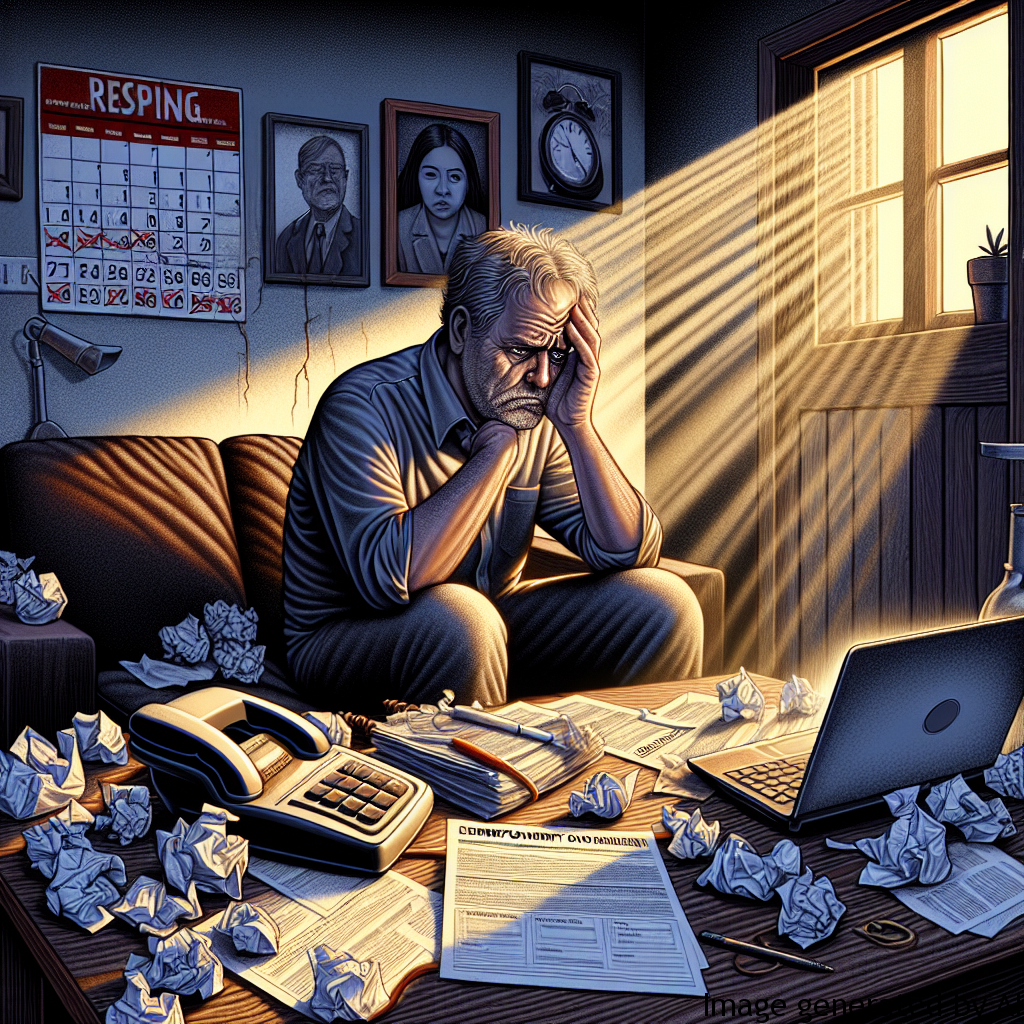Introduction
Male unemployment cuts across society, often leading to serious psychological ramifications that can impact men’s mental health. The traditionally held view of men as primary earners or breadwinners in families has placed significant pressure on men, creating feelings of inadequacy or failure when they find themselves unemployed. Male job loss and the ensuing search for employment can signify more than simply a struggle for economic independence; it challenges their self-concept and societal gender expectations too. This article explores the psychological impact of male unemployment, eventually offering suggestions for improving mental health in light of such circumstances.
Description of Gender Expectations and Their Influence on Men’s Mental Health
Gender Roles and Societal Expectations
Society places enormous weight on the gendered role of the male as the primary provider. This societal script often stresses the importance of work and career as central to male identity. When men are unemployed, they frequently report feelings of shame, depression, and a decrease in self-esteem because they are not meeting these gender-based expectations.
The Impact of Unemployment
Unemployment is not just a fleeting economic circumstance; it often results in damaging psychological and emotional repercussions for men. The loss of status, purpose, and control associated with job loss can disrupt self-identity, leading to increased susceptibility to mental health issues. Researches have shown that unemployed men have higher rates of depression, anxiety, and stress-related illnesses compared to their employed counterparts or unemployed women.
Examples of How Gender Roles Can Affect Men’s Lives
Gender roles often assert that men should be strong, resilient, and financially secure. A job loss can, therefore, lead to self-doubt, isolation, and bitterness. The psychological distress brought on by unemployment can strain relationships with spouses or partners, as men may feel they are failing in their role as providers. It can also deter men from seeking help for their mental health issues, as societal norms imply that men should be self-reliant and suppress their emotions.
Tips to Improve Mental Health Considering Gender Roles
Firstly, it is crucial that men understand that their self-worth should not be solely tied to their employment status. Taking care of one’s mental health is equally important. Seeking help from a mental health professional, communicating feelings of stress or anxiety to trusted friends or family members, and investing time in self-care and hobbies can yield positive outcomes. Men need to be encouraged to challenge traditional masculine norms that obstruct their journey to mental health by seeking help and expressing their feelings openly.
Conclusion
The pressure on men to conform to gendered stereotypes of being the breadwinner can lead to intense psychological distress when facing unemployment. Societal norms, however, are slowly shifting, and it’s about time that mental health concerns associated with unemployment are adequately addressed. By promoting open discussions and challenging these stereotypes, we can pave the way for a more understanding and supportive environment for those facing unemployment.

